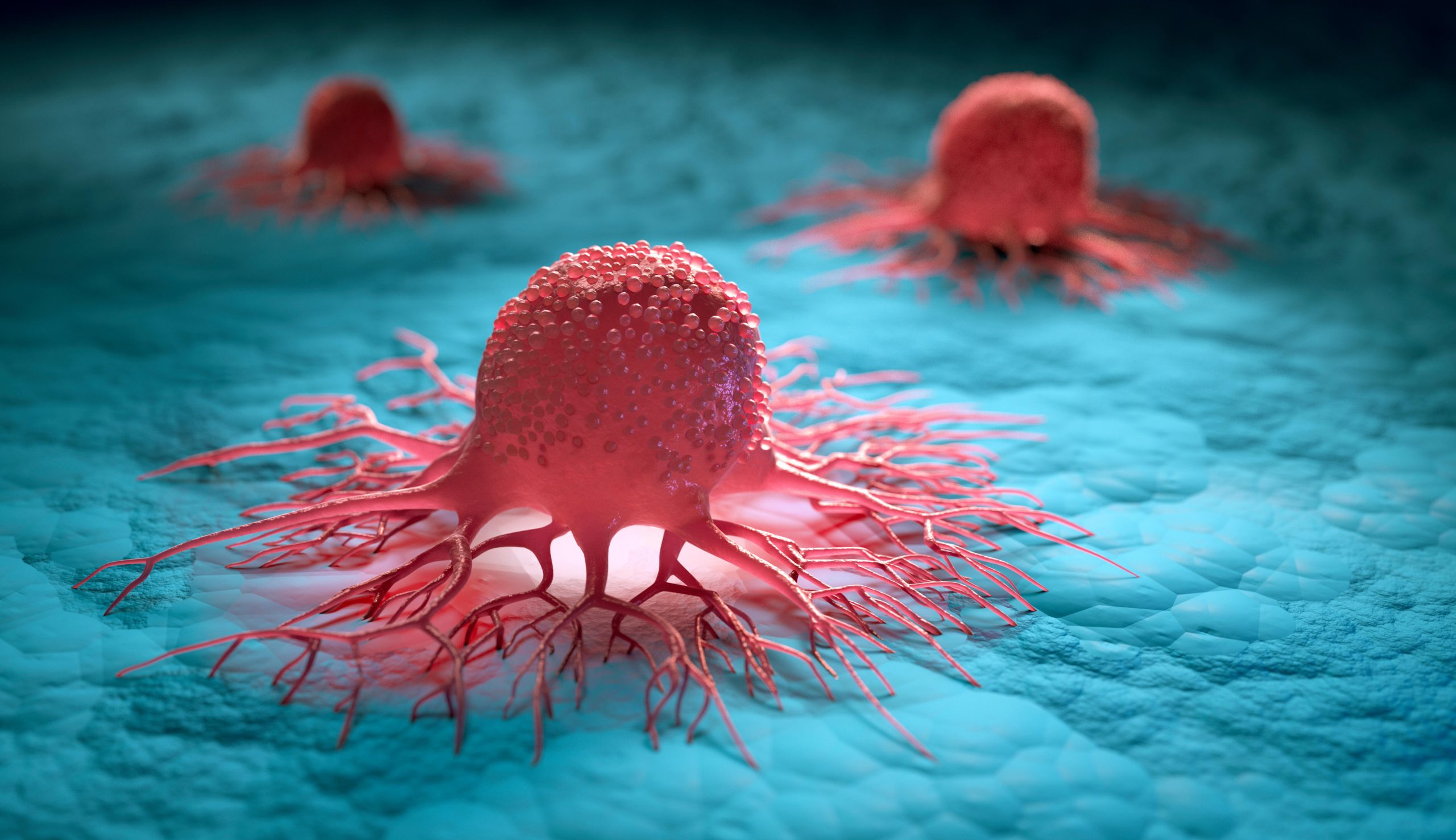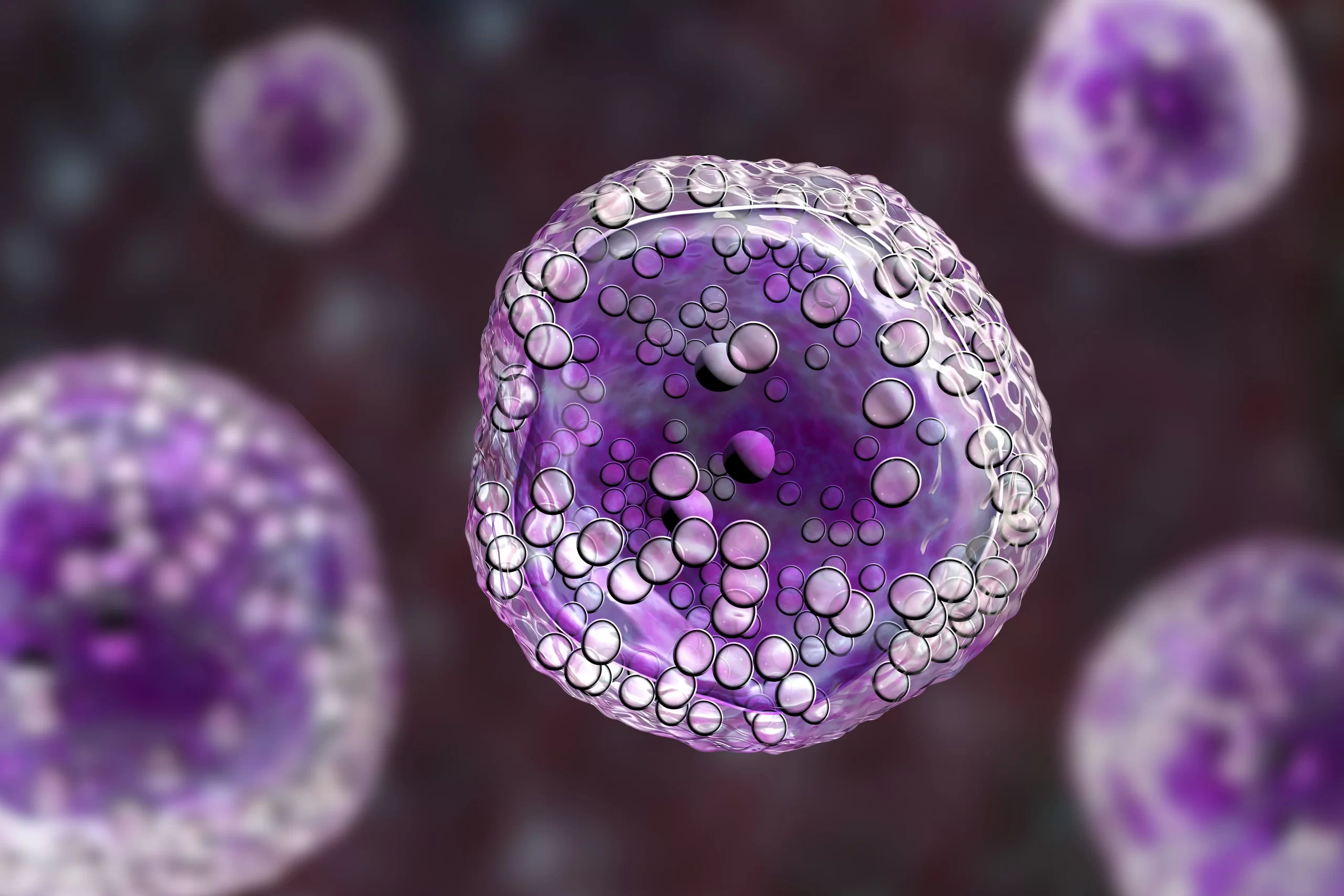- Home
- Our Services
CANCERS WE TREAT
TREATMENT OPTIONS
- About Us
About North Houston
Cancer ClinicsNorth Houston Cancer Clinics is a leading cancer center specializing in treating various types of cancers and blood disorders.Meet our specialized cancer care team
Choosing excellence, transforming cancer care together
Quality Oncology Practice Initiative (QOPI) Certification Program
Discover Our Healing Spaces: Virtual Office TourFirst day visit at North Houston Cancer Clinics
Real Stories, Inspiring Journeys, Patient Testimonies
- New patient
Becoming a patient at North Houston Clinics
Embark on your journey to health with us. Seamless, compassionate care awaits as you become a patient at North Houston Clinics.
Effortless Registration, Portal to Wellness JourneyYour Health, Your Time, Your AppointmentFrequently Asked Questions For New Patients - Blogs
- Contact Us
- Home
- Our Services
CANCERS WE TREAT
TREATMENT OPTIONS
- About Us
About North Houston
Cancer ClinicsNorth Houston Cancer Clinics is a leading cancer center specializing in treating various types of cancers and blood disorders.Meet our specialized cancer care team
Choosing excellence, transforming cancer care together
Quality Oncology Practice Initiative (QOPI) Certification Program
Discover Our Healing Spaces: Virtual Office TourFirst day visit at North Houston Cancer Clinics
Real Stories, Inspiring Journeys, Patient Testimonies
- New patient
Becoming a patient at North Houston Clinics
Embark on your journey to health with us. Seamless, compassionate care awaits as you become a patient at North Houston Clinics.
Effortless Registration, Portal to Wellness JourneyYour Health, Your Time, Your AppointmentFrequently Asked Questions For New Patients - Blogs
- Contact Us
Cancer Types We Treat......
Cancer usually occurs when a change or mutation occurs in your body’s normal cells. Cancer can occur due to multiple factors, including genetic or environmental changes. Cancer is a group of many diseases that can spread from one part to another. Cancer is one of the leading causes of death overall in the world, as around one in 6 deaths has been caused by cancer in recent years.
Understanding About The Types of Cancer
We at North Houston Cancer Clinics know how a cancer diagnosis can be so sudden and complicated. Our cancer care facilities are equipped with the finest technology to help diagnose and treat different types of cancer. From innovative treatment plans to supportive recovery services, our compassionate specialists are devoted to personalized care. For total care focused on your health and overall well-being, select North Houston Cancer Clinics in case you or a family member is diagnosed with cancer. Contact us now to begin the journey towards your healing confidently.
Early Diagnosis and Cancer Treatments
Cancer diagnosis mainly depends upon early detection, which can only be performed based on symptoms. Standard diagnostic procedures involved in cancer detection include screenings for skin cancers, colorectal cancers, and breast cancers.
Common signs and symptoms that help oncologists diagnose cancer include:
- Tumors or lumps on the surface of the body
- Fever and weakness
- Sweating
- Changes in bowel movements
- Pain in body and back
- Changes in the skin

Grades of Cancer
Cancer grades depend upon the microscopical evaluation of cells. This means that low-grade cancer cells will grow slowly, while the high-grade cancer stage shows faster growth and division, which makes it more aggressive. There are three grades of cancer.
- Grade 1
- Grade 2
- Grade 3
Common Warning Signs and Risk Factors:
Most forms of cancer present several common warning signs and risk factors, such as:
- Persistent cough or voice changes
- Unintentional weight loss
- Tiredness
- Swellings or thickening of body parts
- Changes in bowel movements or bladder functions
- Unexplained ache or pain
Risk factors, on the other hand, differ but often include lifestyle choices like smoking, too much drinking, poor eating habits, and less physical activity, together with hereditary sensitivity and exposure to environmental toxins. By being aware of these risks and proactively managing them, plus going for regular screenings, one can considerably decrease one’s chances of getting the disease.
Types of cancer we treat in North Houston Cancer Clinics
Conditions in Cancer:
Cancer, an intricate cluster of conditions characterized by the unrestrained proliferation of atypical cells, can manifest itself through several symptoms, most of which are typical across various cancer types. These symptoms are often not specific but may also indicate other diseases that do not cause cancer; however, they are essential features that require immediate medical attention. Detecting these warning signs is critical in early diagnosis and treatment and can significantly enhance outcomes.

A few general cancer symptoms include:
- Unexplained Weight Loss: If it happens quickly and you cannot explain why you are losing weight, then this is usually due to a common occurrence in cancer patients.
- Fatigue: This could be severe and should not get better with rest.
- Pain: New, persistent pain is indicative of different kinds of cancers since it depends on where it occurs as well as affects that area.
- Skin Changes: These involve darkening or yellowish coloration or reddening of the skin, sores that refuse to heal, and changes in the moles already present.
- Changes in Bowel or Bladder Habits: Constant alterations such as constipation, diarrhea, and urine frequency changes signify the potential presence of malignancies.
- Persistent Cough or Hoarseness: A hoarse voice could mean a cough that has been around for more than two weeks.
